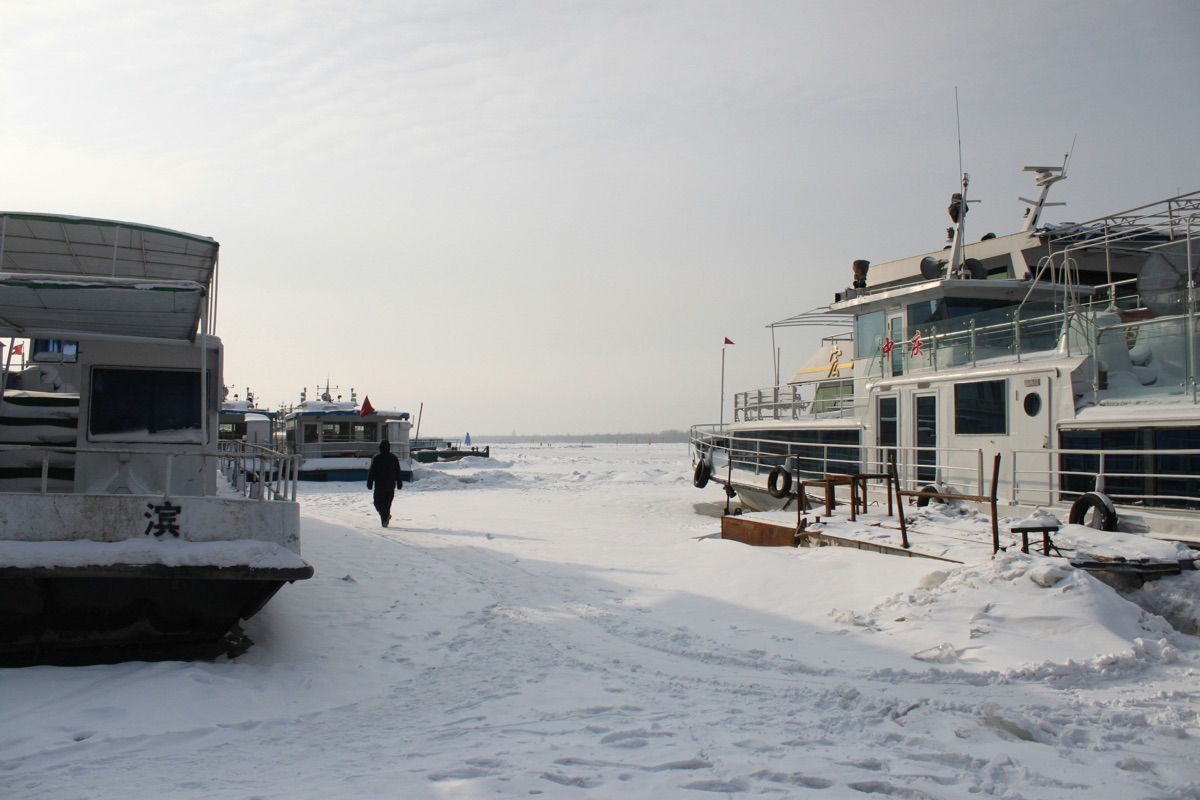
Seasonal Ferry Travel Tips
Strategic guidance for optimal ferry travel throughout the year
Seasonal Travel Strategy
Summer Peak (Jun-Aug)
Advantages
Maximum routes, enhanced services, optimal weather
Considerations
Premium pricing, crowds, advance booking essential
Best For
Family holidays, Mediterranean routes, full amenities
Shoulder Season (Apr-May, Sep-Oct)
Advantages
Excellent weather, lower prices, reduced crowds
Considerations
Some seasonal route reductions, variable weather
Best For
Value travel, adult couples, flexible schedules
Winter Period (Nov-Mar)
Advantages
Lowest prices, no crowds, cozy onboard atmosphere
Considerations
Weather delays possible, reduced services
Best For
Budget travel, business trips, essential transport

Year-Round Ferry Operations
European ferries operate year-round through all seasonal conditions, from summer's peak travel periods to winter's challenging weather, with specialized equipment and procedures ensuring safe passage in all seasons.
Booking Strategy by Season
Summer travel requires advance booking 6-8 weeks ahead for cabin accommodation and competitive pricing. Shoulder seasons offer booking flexibility with deals often available 2-3 weeks before travel. Winter crossings provide last-minute booking opportunities with significant savings.
Weather Considerations
Summer provides optimal weather but can bring thunderstorms affecting some routes. Spring and autumn offer excellent conditions with occasional variability. Winter crossings may experience delays due to storms, particularly affecting longer routes and North Sea services.
Route-Specific Seasonal Patterns
Channel routes maintain year-round consistency with enhanced summer frequency. North Sea routes offer full amenities in summer with reduced services in winter. Baltic routes showcase dramatic seasonal variations in both services and scenic experiences.
